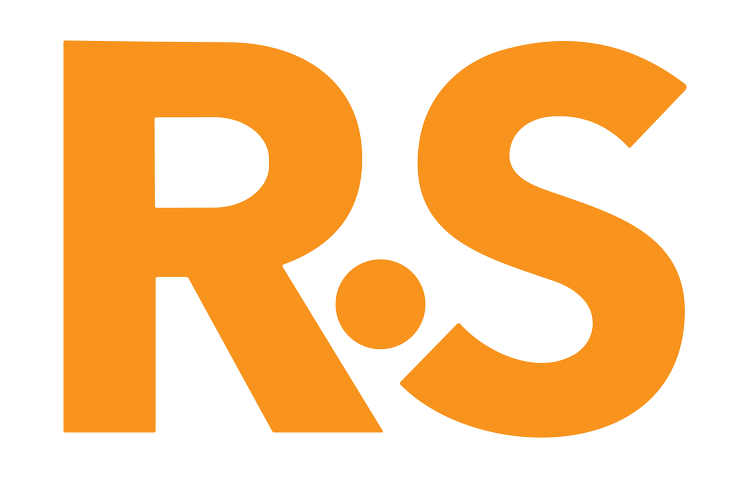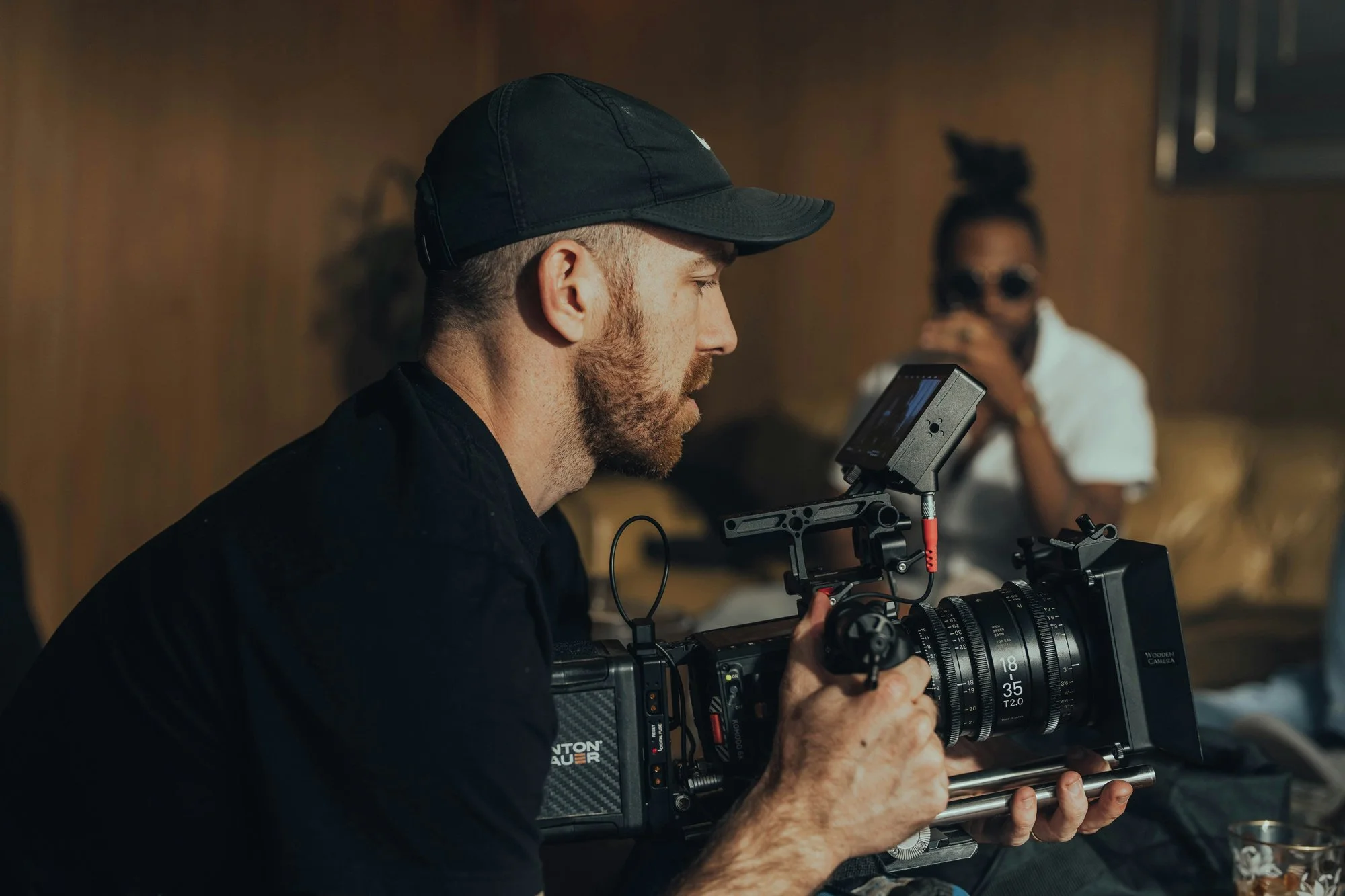Frequently Asked Questions
Answers to common questions about Respect on Set, your responsibilities, and how to use these resources.
General Questions
-
Respect on Set is a program designed to help productions create safe, respectful, and accountable workplaces. It provides clear Standards and practical tools — like templates, guides, and sample policies — to help you meet your legal obligations and lead with respect.
-
Respect on Set focuses specifically on the unique environments of film and television production, providing industry-aligned tools to help you prevent harassment, discrimination, and retaliation, and respond appropriately if concerns arise.
-
Respect on Set was created by the Hollywood Commission, working with industry partners and experts in employment law, safety, and worker wellbeing.
-
As a production, you have legal obligations to prevent and address harassment and discrimination in the workplace. For all productions, including those working under the IATSE Low Budget Agreement, “Respect on Set” is voluntary, but these tools help you meet your legal obligations, LBA obligations and strengthen your production culture.
-
Much of what’s outlined in Respect on Set reflects obligations already required by federal and state law. This program helps you meet those responsibilities more easily and consistently.
Using the Resources
-
Start with the Production Tools page. You’ll find key tools like the Sample Code of Conduct, orientation guides, and step-by-step advice for setting expectations and handling concerns.
-
You can adapt the sample to fit your production’s size and needs. It helps you clearly communicate expectations for respectful behavior and set the tone from the start.
-
Training is highly recommended to ensure everyone understands your expectations and reporting options. Respect on Set offers tools to help you deliver clear, effective messages.
-
That’s common for smaller productions. These resources are designed to help producers and department leads understand their responsibilities and manage concerns effectively.
-
Yes. These templates are intended as starting points — adapt them to reflect your production’s structure, size, and any existing policies.
Who This Applies To
-
If you’re running a production — whether large, small, union, or non-union — you have legal responsibilities as an employer. Respect on Set provides resources to help you meet them. If you’re working under the IATSE Low Budget Agreement, certain practices are specifically required.
-
Yes. Independent productions often lack dedicated HR resources, which makes having clear policies and tools even more important. Respect on Set helps you meet your responsibilities and protect your production.
-
Certain practices are included as a requirement in the IATSE Low Budget Agreement. Visit [IATSE Guidance] for detailed information on what’s required and how to comply.
-
If you already have strong policies in place, you may find Respect on Set complements or strengthens them. It also provides templates, guidance, and reporting resources specific to production environments.
-
Yes. Legal obligations to provide a workplace free from harassment, discrimination, and retaliation apply whether or not you’re working under a union agreement.
Reporting, Accountability & Response
-
Take every concern seriously. Use the guidance provided to ensure you listen, respond appropriately, and take steps to protect the individual and address the issue. Seek legal or HR advice if needed. If you’re an IATSE LBA signatory, you must notify the Union if you investigate and a covered employee is involved.
-
The Responding to Concerns Guide provides step-by-step recommendations to help you act professionally and protect both the worker and the production.
-
Retaliation against workers for reporting concerns is prohibited by law. Respect on Set helps you uphold these protections and create an environment where people feel safe to raise concerns.
-
Respect on Set complements — not replaces — union reporting processes. Workers should be made aware of both internal and union options. Our Reporting Resources make this clear for cast and crew.

Still have a question?
Get in touch with our team regarding extra questions.



